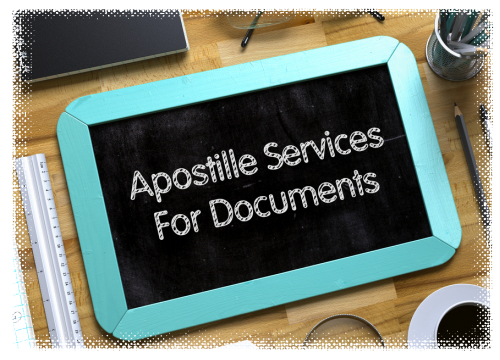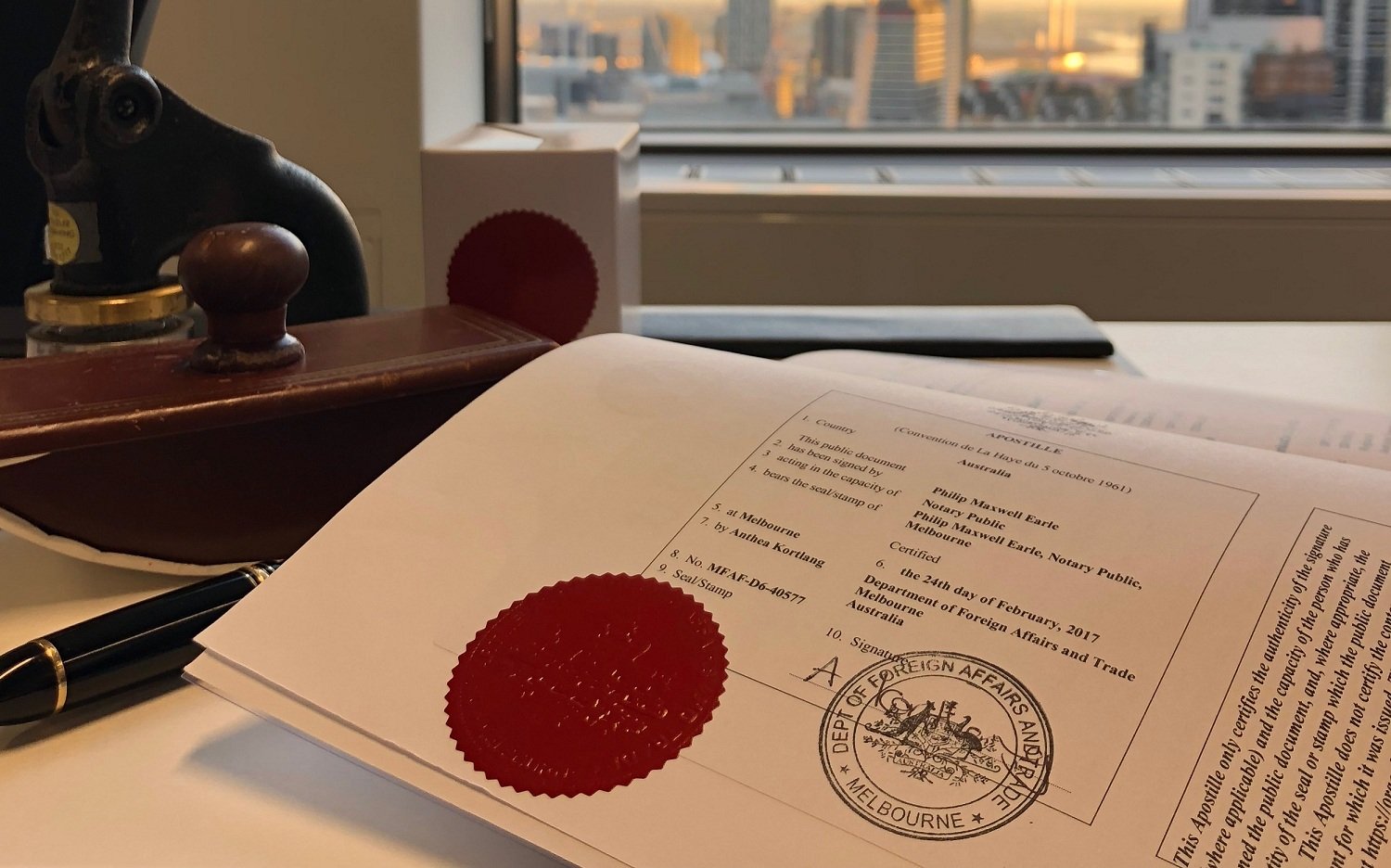Reputable Houston TX Apostille Providers for Your Legal Papers
Reputable Houston TX Apostille Providers for Your Legal Papers
Blog Article
Looking Into the Reasons Behind the Mandatory Demand of Apostille Certification for Legal Documents
In the realm of lawful paperwork, the necessary need of apostille accreditation has actually ended up being an important element that considerably impacts the validity and recognition of legal papers on a global range. Comprehending the reasoning behind this need involves diving right into the elaborate internet of lawful intricacies, historic precedents, and worldwide arrangements that highlight the value of apostille certification in today's interconnected world. By discovering the underlying reasons behind this prevalent requirement, a more clear picture arises of why this relatively governmental process holds such immense value for governments, organizations, and people alike.
Historic Evolution of Apostille Certification
Just how did the idea of apostille accreditation develop with time to end up being an important part of global paper validation? The historic evolution of apostille certification dates back to the very early 20th century. The requirement for a streamlined method of verifying documents for use throughout borders emerged as worldwide profession and travel boosted. In feedback to this requirement, the Hague Meeting on Private International Legislation presented the Apostille Convention in 1961. This worldwide treaty developed a structured procedure for certifying the authenticity of records to be recognized in member nations.
At first embraced by a couple of European countries, the Apostille Convention progressively obtained international approval due to its efficiency and efficiency in confirming the legitimacy of official papers. Throughout the years, the convention's reach broadened as even more countries signed up with, identifying the apostille as an universally accepted form of document authentication. Today, apostille certification has ended up being a typical need for confirming lawful papers in worldwide transactions, guaranteeing smooth communication and legal proceedings between countries.
Simplifying International Record Legalization
The streamlining of global file legalization procedures has significantly improved performance in cross-border transactions. Simplifying the procedure of legislating documents for worldwide usage has actually become vital in facilitating swift and seamless purchases in between countries. One of the crucial devices that have actually contributed to this simplification is the adoption of the Apostille Convention, which offers a standard approach for verifying the authenticity of files across taking part countries.
By adhering to the Apostille needs, countries accept recognize each other's public files as valid without the requirement for additional legalisation. This eliminates the commonly difficult and extensive procedure of several verifications by various authorities, conserving time and sources for people and organizations taken part in global activities.

Making Certain Record Credibility and Validity
To make certain the authenticity and legitimacy of legal site link papers in international blog here deals, stringent verification procedures are important. By needing apostille qualification for legal documents, authorities aim to confirm the origin of files and validate the trademarks of individuals included.
Moreover, confirming the credibility of lawful records with apostille qualification enhances depend on and self-confidence among celebrations engaging in worldwide deals. It gives guarantee that the documents presented are authentic and lawfully binding, therefore decreasing the dangers connected with fraudulent activities. Additionally, making sure paper legitimacy via apostille certification streamlines the legalisation process, making it more effective and trustworthy for organizations and individuals performing service across boundaries. Eventually, by upholding strict verification standards, apostille certification adds to a more secure and clear international lawful structure.

Promoting Cross-Border Legal Recognition
In the world of global purchases, the apostille accreditation not just makes certain the credibility and credibility of legal documents but additionally plays an essential function in helping with cross-border lawful acknowledgment (Houston Apostille). When lawful papers birth an apostille certificate, they are easily accepted by international authorities her response without the demand for more confirmation. This streamlined procedure accelerates the recognition of documents in various countries, advertising effectiveness and decreasing bureaucratic difficulties in legal issues that transcend nationwide limits
Facilitating cross-border lawful recognition via apostille accreditation cultivates depend on and confidence in the credibility of documents traded in between countries. This acknowledgment is especially essential in scenarios such as worldwide organization deals, fostering processes, or lawful process including events from various jurisdictions. By sticking to the standards stated by the Apostille Convention, countries agree to recognize the apostille seals fastened to files from various other participant nations, hence streamlining the process of lawful acknowledgment across boundaries. Ultimately, the apostille certification works as a fundamental device in advertising seamless global legal cooperation and ensuring the smooth procedure of cross-border purchases.
Compliance With International Treaty Requirements
Conformity with global treaty requirements is necessary for making sure the uniform application of legal guidelines across participating countries. The Apostille Convention, developed in 1961, describes the requirements for the approval of public papers among participant nations.
The Apostille accreditation, as mandated by the treaty, acts as a warranty of credibility for documents such as birth certifications, marital relationship licenses, court judgments, and notarized deeds. This standard method helps prevent fraudulence and makes sure that legal documents originating from one participant country are easily accepted in one more. Furthermore, by adhering to international treaty criteria, nations show their commitment to promoting the principles of openness, trust fund, and teamwork in lawful issues on a worldwide scale.
Conclusion

In the world of lawful documents, the mandatory need of apostille accreditation has ended up being a crucial aspect that substantially influences the validity and recognition of legal papers on a worldwide range. Today, apostille qualification has actually come to be a standard requirement for verifying legal papers in worldwide purchases, making certain smooth interaction and legal proceedings between countries.
In addition, validating the credibility of lawful records via apostille certification boosts trust and self-confidence amongst parties engaging in international transactions.In the realm of international transactions, the apostille qualification not just makes certain the credibility and legitimacy of lawful documents however also plays an essential duty in facilitating cross-border lawful acknowledgment. By sticking to the requirements set forth by the Apostille Convention, countries concur to recognize the apostille seals attached to files from other participant nations, therefore simplifying the procedure of lawful acknowledgment throughout borders.
Report this page